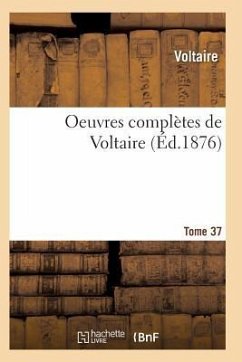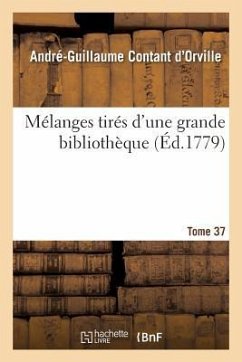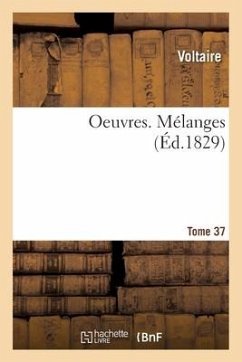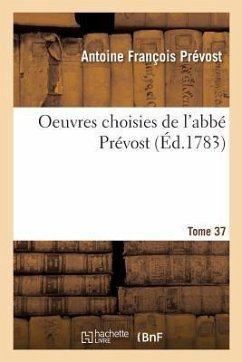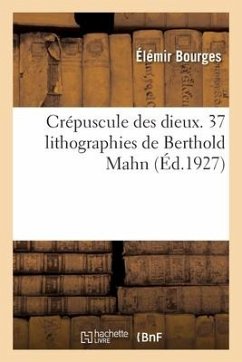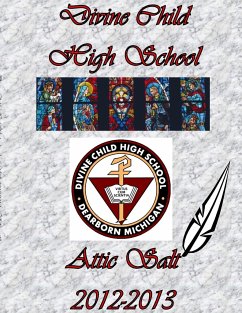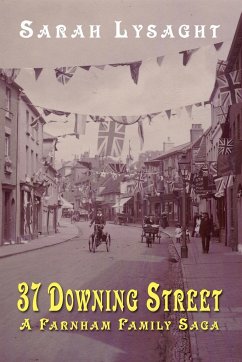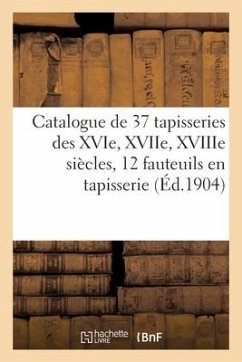Nicht lieferbar
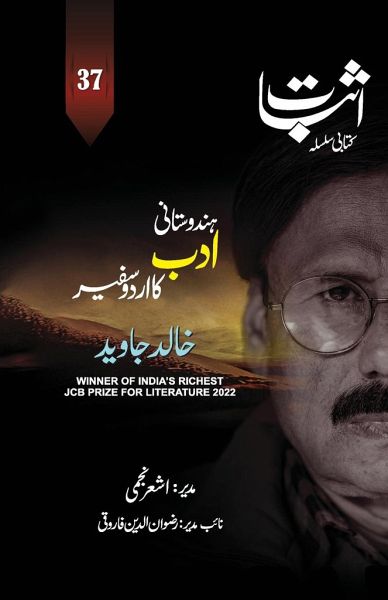
Esbaat-37 (Special issue on Khalid Jawed)
Versandkostenfrei!
Nicht lieferbar
On JCB Prize winner Khalid Jawed, we did not intend to create a formal special issue in which most critics of Urdu show their hypocrisy, but in this issue of 'Esbaat', we presented the opinions of critics and writers of other languages on Khalid Jawed and his fiction. Although the major part of these 'opinions' consists of 'Namatkhana' and its English translation 'The Paradise of Food', but Khalid's other novels such as 'Maut Ki Kitab' and 'Ek Khanjar Pani Mein' are also published in Hindi and English. The translations of those articles have also been included with the idea to make it clear to...
On JCB Prize winner Khalid Jawed, we did not intend to create a formal special issue in which most critics of Urdu show their hypocrisy, but in this issue of 'Esbaat', we presented the opinions of critics and writers of other languages on Khalid Jawed and his fiction. Although the major part of these 'opinions' consists of 'Namatkhana' and its English translation 'The Paradise of Food', but Khalid's other novels such as 'Maut Ki Kitab' and 'Ek Khanjar Pani Mein' are also published in Hindi and English. The translations of those articles have also been included with the idea to make it clear to the Urdu readers that the magic of Khalid's fiction is not only spread in Urdu but also in Hindi and English languages and interestingly, it's before receiving the prize. Apart from this, what was the opinion of the jury of 'JCB Prize' about 'The Paradise of Food' (Namatkhana), we are also sharing with Urdu people, as well as some of the most important interviews of Khalid Jawed and his translator Baran Farooqui are included. In the English articles included in this issue, the passages of the novel have not been translated on purpose, the purpose is only that the readers can also enjoy the translation i.e. 'The Paradise of Food'. All the essayists and reviewers included in this issue are important Hindi and English writers and journalists. Apart from these, translations of the articles of two English scholars, Faizan Muqim and Mohammad Affan, are also being included. Read these articles in particular and think how much wider and broader the canvas of thought of the young people is writing on Urdu literature in English than the professional critics of Urdu. This informal corner was necessary because it is a point of pride for us Urdu people that Khalid Jawed, till yesterday the representative fiction writer of Urdu, is now performing the duty of Urdu's ambassador in contemporary Indian literature.






